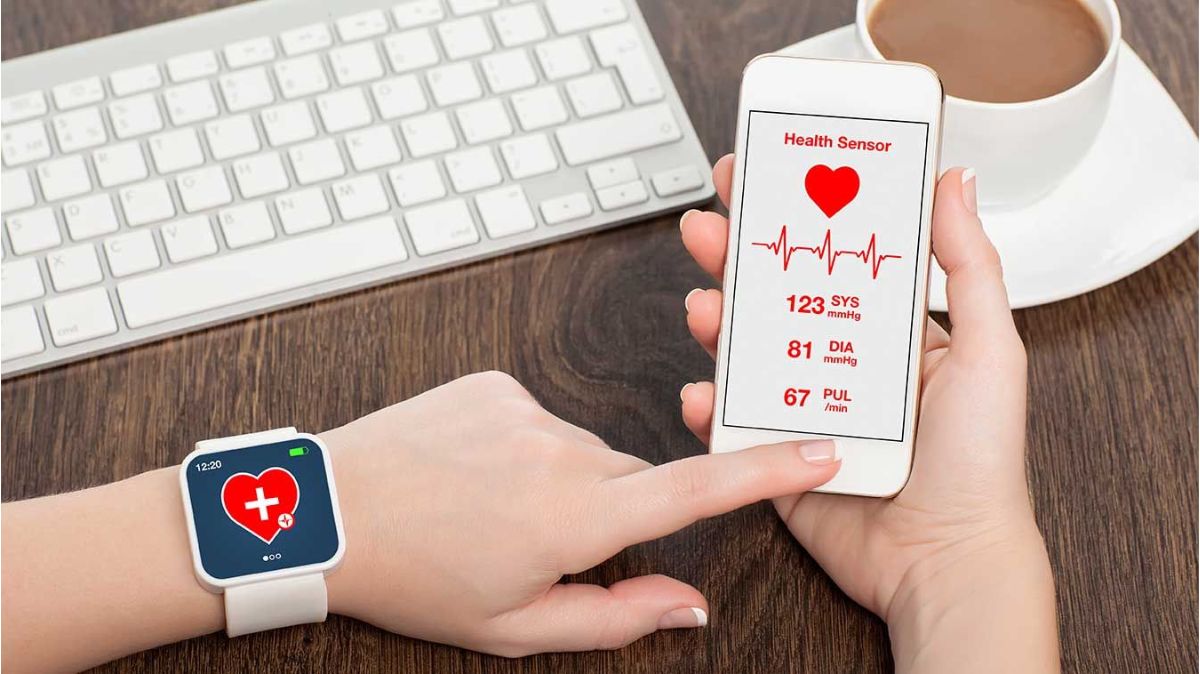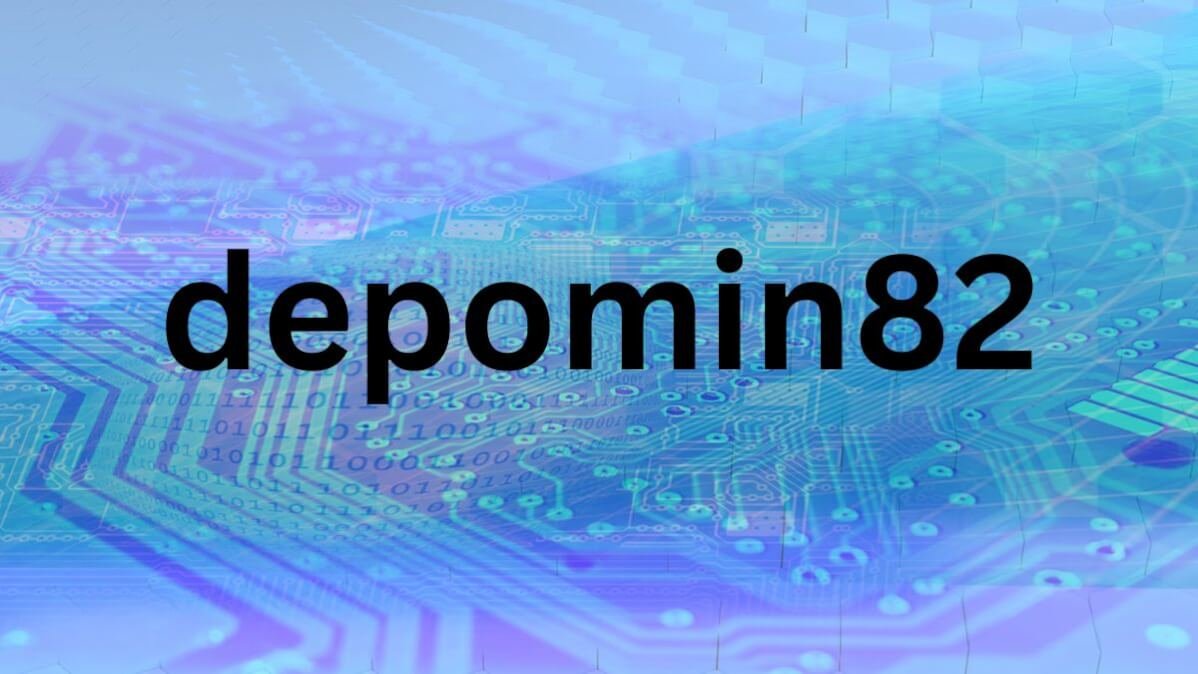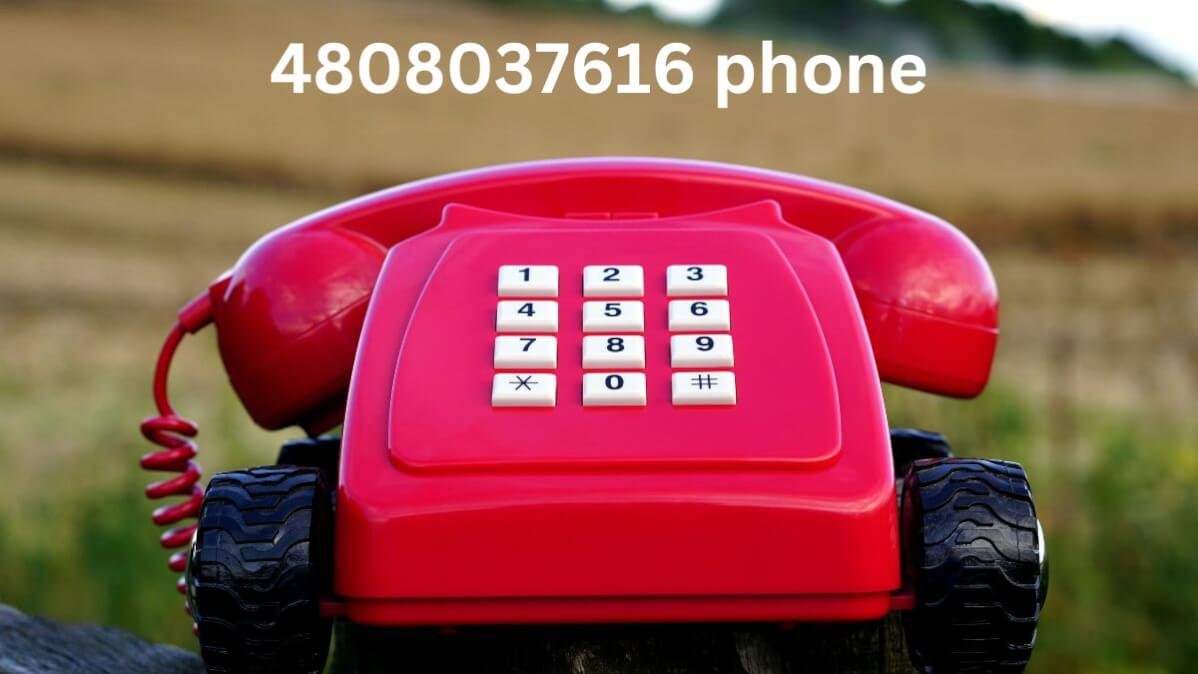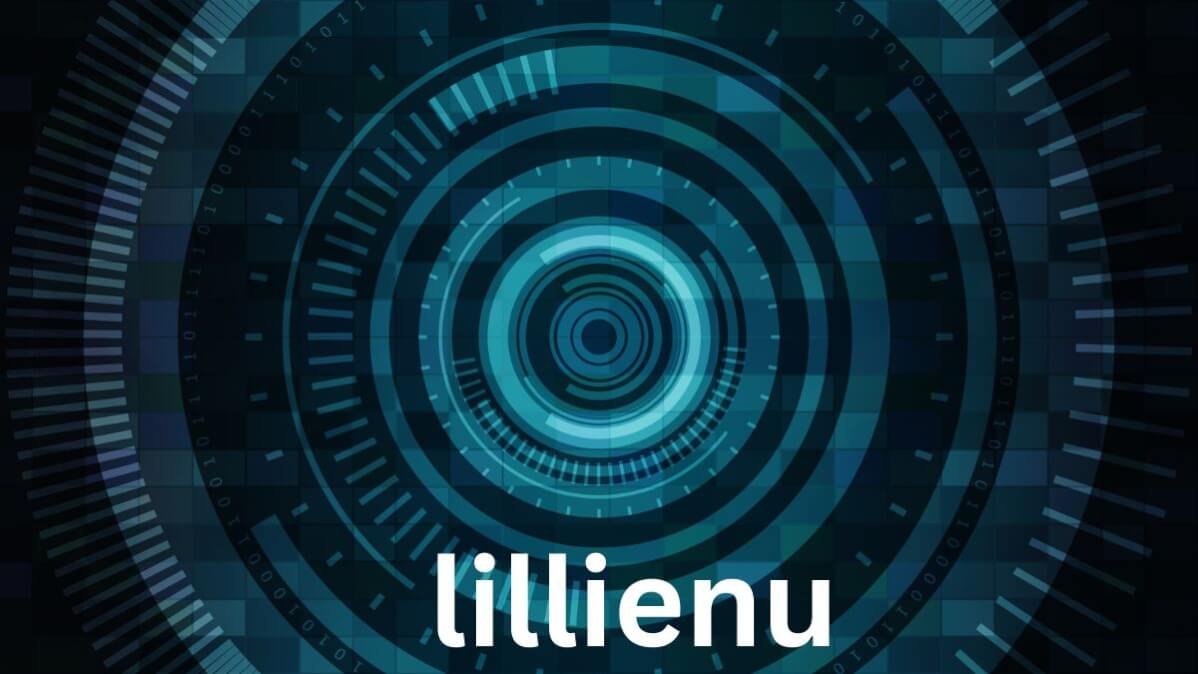Good health is challenging to pursue in today’s fast-paced world. Fortunately, mHealth applications have emerged as a great resource that enables people to be in control of their health. Are you managing chronic conditions? Want to track fitness goals? Or seek mental support? Make it happen with mHealth apps that can definitely upgrade your lifestyle. So, how exactly will these apps assist you in developing a healthier lifestyle? Let’s dive into all the ways that will change your health journey.
Understanding mHealth Apps
Before giving the specific advantages of mHealth apps, let’s first define what they are. mHealth apps are mobile applications that enhance one’s ability to employ health-related functions, monitoring physical activity, managing medications, and offering mental health resources and directing people to healthcare providers. Therefore, mHealth apps bring healthcare services right to your fingertips.
Developed by tech wizards from all corners of the globe, such as the top mobile app development companies in Florida, these apps are not just trendsetters in the world of digital health but are, in fact, very much redefining the face of healthcare. As a growing number of individuals now rely on their smartphones for managing their health, the role of mHealth apps is growing more instrumental with each passing day.
Managing Chronic Conditions Made Easy
The primary role that mHealth apps play in a patient’s life, especially in the case of chronic conditions like diabetes or hypertension, is usually constant monitoring and medication management. In many such scenarios, mHealth applications can be very convenient because they offer a great opportunity for recording your vitals, keeping a record of your medications, and reminding you to attend check-ups or undergo treatment.
For instance, applications for diabetes management will allow patient monitoring of blood sugar levels and tracking of amounts of carbohydrates consumed daily and transmission of messages to healthcare providers-all from one device. It places all tools in the hands of patients, who will then drastically lower their risk factors and associated complications with chronic conditions.
Boosting Your Fitness Routine with Data-Driven Insights
The most common use of mHealth applications is in fitness. Many mHealth applications currently let the user monitor steps, calories burned, heart rate, and even sleep patterns, all of which enables the user to keep constant knowledge about their own physical health. Many of these apps have given workout plans as integrated components with customizable fitness goals.
Thus, whether you are training for a marathon or just keeping fit, the mHealth apps are there to give you feedback in real-time so that you can stay on track. Consistent analysis of data will enable the user to amend the routine so that health outcomes can be maximized. Personalization has become the hallmark of engaging and rewarding fitness activities.
Mental Health Support at Your Fingertips
Although mHealth apps have been in existence for a long time, struggling to provide for good mental health, there have been lots of significant efforts in the right direction. Among the applications that have been designed are Calm and Headspace: these applications provide guided meditation, mindfulness, and stress management, which promotes the maintenance of good mental well-being among users.
Apart from meditation, many mHealth apps have tools with CBT in order to challenge negative thinking and change mood. With a steady rise of concern around the globe in mental health disorders, these apps provide an inexpensive, discreet access to the support needed for better management of stress, anxiety, and depression..
Nutrition Tracking for a Balanced Diet
It is very important to have a balanced diet, but it is not easy to control eating habits. The development of nutritional mHealth apps becomes a convenient choice. Users can track the food they have consumed every day using these apps and provide statistics of calories and macronutrients. Moreover, these apps also help them receive tailor-made meal suggestions.
Nutrition apps help in how your diet could influence other aspects of health, such as energy levels or weight management. Some apps are even linked with fitness apps that provide people with all-rounded data of health, providing suggestions on optimization of exercise and diet through data-driven suggestions.
Personalized Healthcare through Remote Monitoring
Remotely monitoring patients who have chronic care, mHealth apps can keep up to date with the status of their patients. mHealth apps, using wearable devices and sensors, can track in real time a patient’s heart rate, blood pressure, and even oxygen levels, while sending it to a health provider for monitoring.
In particular, such personalized care is highly invaluable for post-surgical recovery patients, the immobile, or remote dwellers. Providing easy constant monitoring and access to providers with this application, patients connect with service providers, shortening the gap between them and providers and subsequently enhancing the outcomes of health care.
Improving Medication Adherence
Probably, the biggest concern with healthcare today is patient adherence to medication regime. The opportunity for a patient’s condition to deteriorate or for that patient to end up in the hospital because of nonadherence is enormous. Fortunately, mHealth apps can play an invaluable role in enhancing adherence to medications.
Many remind users of the need to take their medicines, and some even come with medication tracking software that allows users to provide detailed records of its intake. That can be particularly helpful for older adults or those taking a myriad of medications. Such applications offer an easy, automated means of tracking medications, which should prevent doses from being missed and make treatments effective.
Encouraging Healthy Habits through Gamification
Gamification is a fantastic strategy that mHealth apps use in order to keep users engaged. In most cases, health goals would be transformed into challenges or games that may inspire users to uphold healthy habits and move forward toward wellness goals. For example, through fitness apps, users can earn badges or rewards when they complete their workout, whereas mental health apps may provide them with streaks for uninterrupted usage of mindfulness exercises.
It makes health management fun, therefore instilling long-term commitment. Small daily wins eventually culminate into tremendous overall health and wellbeing improvements over time.
Access to Telemedicine
This change in the delivery of health care is significantly represented by mHealth apps. Telemedicine also revolutionized the way patients consult doctors and health care professionals – either through a video call or messaging feature within the app.
With the telemedicine app development by the mobile app development company in Florida, it has been possible to experience health service without geographical constraint. Whether it is follow-up treatment or routine consultation, mHealth apps cancel out the need to go on-site and therefore reduce waiting time along with both patients’ and provider’s flexibility. This enhances more healthcare accessibility due to its convenience from remote or under-accessed areas.
The Future of mHealth Apps
The day when technology advances, so do mHealth apps. Artificial intelligence and machine learning are currently the buzz in mHealth apps. Predicting what health issues a user is most likely to experience based on their data, suggesting preventive measures for new concerns, and recommending personalized treatment plans are all services the mHealth apps will have on offer.
The future of mHealth may also include more integration with other smart appliances, such as home assistants and IoT-connected wearables, thereby creating a seamless health ecosystem that is always operational 24/7. It would promise more conveniences, accuracy, and innovations for both patients and health providers.
Conclusion
The mHealth apps’ power can make you live a healthy life by allowing health management to be more accessible, personalized, and engaging. The tracking of mental health, for example, or your physical activity through fitness tracking is answered by these apps in meeting every need for health management. As mobile app development companies continue to innovate, from the state of Florida to the rest of the world, mHealth looks brighter than ever.
mHealth apps-Do something with it: With the integration of these apps into your regular life, you can take the full charge of your health journey and make better choices, well-informed, about your well-being. Whether you want to better your diet, stay active, or manage a chronic condition, mHealth apps are here to provide that background support and live a healthy life..











